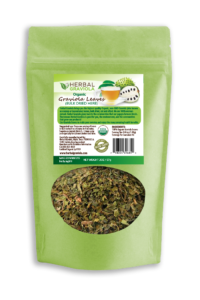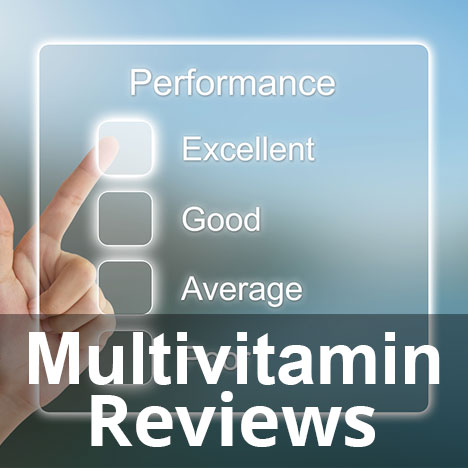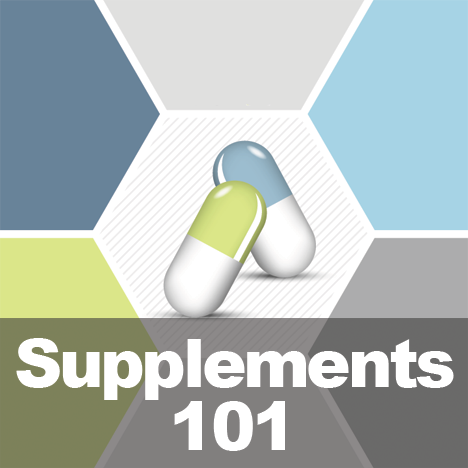Don’t you wish the world could just be a more simple place sometimes? Less confusing and more straightforward?
Well, me too. But, I hate to tell you; this post is not going to scratch that itch for you.
We’re discussing Graviola. The controversial fruit tree has become a hot topic in many health and alternative medicine circles. There have been studies that show Graviola attacks certain cancer cells by inhibiting their glucose supplementation, which depletes a tumor’s energy supply, thereby killing it. On the other hand, there have been studies that show a link between ingesting Graviola on a consistent basis and the development of atypical Parkinson’s disease.
 Talk about a rock and a hard place. It isn’t often that we’re confronted with such a dramatic benefit that is paired with an equally devastating risk. So, we’re going to lay it all out on the table, at least what we could find via some dedicated internet sleuthing, and let all of you determine for yourselves whether those Graviola tea benefits outweigh the risk. Time to put your big-girl or big-boy pants on, and face this confounding and complicated conundrum, known as, “trying to be healthy”.
Talk about a rock and a hard place. It isn’t often that we’re confronted with such a dramatic benefit that is paired with an equally devastating risk. So, we’re going to lay it all out on the table, at least what we could find via some dedicated internet sleuthing, and let all of you determine for yourselves whether those Graviola tea benefits outweigh the risk. Time to put your big-girl or big-boy pants on, and face this confounding and complicated conundrum, known as, “trying to be healthy”.
Graviola, also known as Soursop, has been utilized for thousands of years by indigenous cultures in Central America. Then it was introduced to South East Asia and Africa roughly 500 years ago, and then 150 years ago, Graviola began to be cultivated and used in the Caribbean. People used the leaves in tea and extracts as a bit of a cure all. Here’s a list of the seemingly innumerable ailments Graviola Tea would have been used to treat: upset stomach, fever, rheumatism, urinary tract infections, stimulate digestion, stop convulsions, treat hypertension, lower blood pressure, lowering heart rate, dilate blood vessels, relieve depression, and as a sedative. It was also often used to treat viruses and parasites. Not to mention that the fruit was also simply eaten as a food source.
What researchers found disconcerting, were the inordinate high levels of Parkinson disease that were being reported in the same areas that relied heavily on Graviola. It was found that annonacin, a derivative of isoquinoline which is a prominent acetogenin found in Graviola, negatively affects mitochondrial respiration and can lead to neuronal death. Ingesting this neurotoxin consistently, is what researchers believe to be leading to the neurodegenerative disorder, Atypical Parkinson Disease.
Meanwhile, almost simultaneously, pharmaceutical researchers were also studying the potential in Graviola to be utilized as a cancer fighting drug, and they weren’t disappointed. In vitro studies revealed that Graviola did kill certain types of cancer cells, among them, types of liver and breast cancer. However, the risks linked to neurological problems put a halt on any pharma companies studying the effects in human subjects on a clinical level. The promising laboratory studies were shelved, and so were the prospects of Graviola being developed into a cancer therapy drug. The risks were determined to be too great.
What lingers, are anecdotal stories of individuals who suffer from cancer and have started incorporating Graviola tea, like this tea made from organic dried graviola leaves, into their alternative treatment regimen. They do this as compliment to their traditional cancer treatment. These individuals attest a portion of their remission and/or extended survival rate to this addition of Graviola into their diet. Rich D. of Tampa Florida, was diagnosed with Mesothelioma in 2012 and his doctor recommended that he have a lung removed. Instead, he sought out a less invasive procedure that would still leave him with two functioning lungs, and then began a regimen of drinking Graviola Tea after his son suggested that those Graviola tea benefits may help in his fight against cancer.
Rich never underwent chemotherapy or radiation. Five years later he seems just as surprised by his remarkable health as his doctors, “The last checkup, they told me, ‘If it’s not broken, don’t fix it. See you again in six months,’” he said. “There was maybe a little bit of fluid in there again, but nothing really significant. Maybe this is a fluke. I don’t know. Not sure the doctors know, either. Supposedly, there is no cure, so I consider myself very fortunate. They aren’t ready to say I don’t have [mesothelioma] anymore, but they are close.”
Such an anecdotal story is of course inspiring, and it is no surprise that many others who are being faced with the very real and present threat of cancer are choosing to risk the potential for Parkinson’s somewhere down the road. But, every case is unique and there is no guarantee that Rich’s miraculous recovery would be mirrored in another person’s experience. Doctor’s, like this one, would likely refrain from ever recommending the implementation of Graviola Tea as a cancer therapy because of the lack of clinical trials studying possible Graviola tea benefits. And their concern is compounded by the studies that show devastating links to Neurological damage.
Making a choice like this is ultimately very personal, and done so without the recommendation of a medical professional. Rich felt like it was a risk worth taking in his situation. Another person may find that they feel differently. It is essential to have a solid grasp on what your personal desires, fears, and circumstances are, in order to make the most authentic and safe choice for yourself. In essence, no benefit or risk is ever entirely a sure bet. There are no guarantees. Making the choices we are faced with, in the most grounded and balanced way, is the goal. Here is to you knowing when something is, or isn’t, worth doing.




